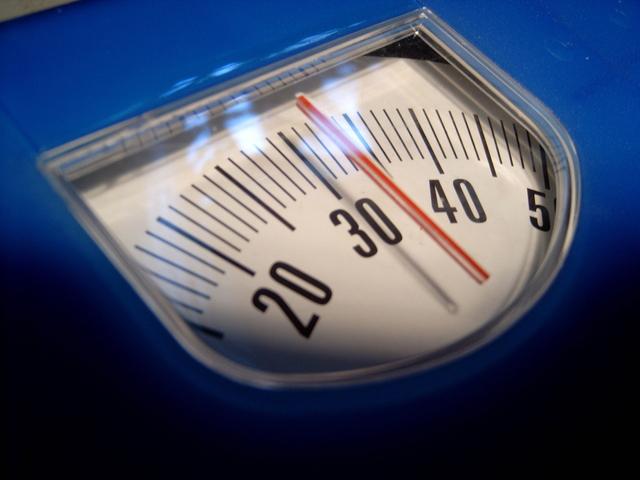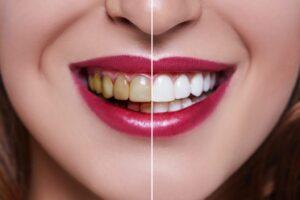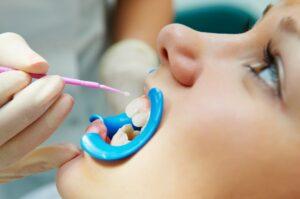Blog Highlight:
- As much as 10 million Americans suffer from eating disorders
- Eating disorders have a huge impact on your oral health
- People with Anorexia have an irrational fear of looking fat or of gaining weight
- Individuals who have bulimia throw up or use laxatives or enema in order to get rid of the food after overeating
- People who suffer from compulsive eating will consume several pounds of food without control
- Physical, emotional and social factors can all cause the development of different eating disorders
- Maintaining proper oral hygiene is important so you can avoid the dental problems associated with eating disorders
Anorexia and other eating disorders have affected as many as 10 million Americans today. According to the National Eating Disorders Association, although anyone can suffer from anorexia, bulimia and other related conditions, these eating disorders are common in teenagers and adult women. Eating disorders have a huge negative impact on one’s health. It also affects one’s self-confidence, one’s ability to perform well at work or in school, as well as how well one’s relationships are with friends and family. This is why people who are suffering from eating disorders need to seek medical help as soon as possible.
These eating disorders also have a huge impact on oral health as well. Without adequate nutrition, vitamins and minerals, it can be very easy for your gums and other soft tissues within your mouth to bleed. Your salivary glands can also swell, and it can be very easy for you to suffer from frequent dry mouth issues. People who frequently throw up can also suffer from dental problems, this is because the contact of strong gastric acids with your teeth can cause it to deteriorate and discolor over time. It can also cause the edges of your teeth to become brittle and it can also make your teeth suffer from sensitivity.
Common types of eating disorders:
Anorexia – Characterized by the irrational fear of gaining weight or of becoming fat. Individuals who are suffering from anorexia are typically very thin and underweight; nevertheless, they still see themselves as too fat. These individuals would also have the tendency to try to achieve their ideal body weight by starving themselves. These individuals might use excessive exercise in order to lose weight. They might also eat too much in one sitting and then try to vomit, or use laxatives or enemas in order for them to get rid of the food and avoid the calories.
Bulimia – This condition is also characterized by the fear of being overweight. What makes it different from anorexia however is that people who are suffering from bulimia tend to have periods of binge eating or overeating several times a week or several times each day. During their binge eating, these individuals would uncontrollably consume thousands of calories and several pounds of food which are typically high in sugars, fats or carbohydrates in one sitting. Afterwards, they would try to get rid of the food and of the calories as quickly as possible by throwing up or by using laxatives and enemas. This process is also known as binging and purging.
Compulsive overeating or Binge eating – This condition affects a lot of men and women today. Individuals who suffer from this condition suffer from frequent episodes of uncontrolled overeating. However, they do not feel the need to purge or to get rid of the food by throwing up or by using laxatives or enemas. Once the person feels guilt, it can be very easy for them to overeat again.
Knowing how to prevent eating disorders
Physical, emotional and social factors can all cause the development of different eating disorders. It is only by addressing these issues that one can be able to avoid or treat the disorder. Loved ones can help individuals who are suffering from eating disorders by setting a good example and by saying something positive whenever they observe proper eating habits. Although some may think that these disorders are only focused on maintaining body image, they can actually be related to other health issues. This is why seeking professional health as soon as possible is very important. Early diagnosis and treatment can greatly improve the chances of having a full recovery.
Individuals who are suffering from eating disorders need to do the following in order to avoid the different oral problems associated with it:
- Observe proper dental hygiene by brushing your teeth twice a day, and by flossing once a day.
- After throwing up, you should never brush your teeth. Instead, you can rinse your mouth with baking soda in order to neutralize the stomach acids.
- See your dentists regularly.
- Ask your dentist about specific treatments that you can avail of for your own dental needs








